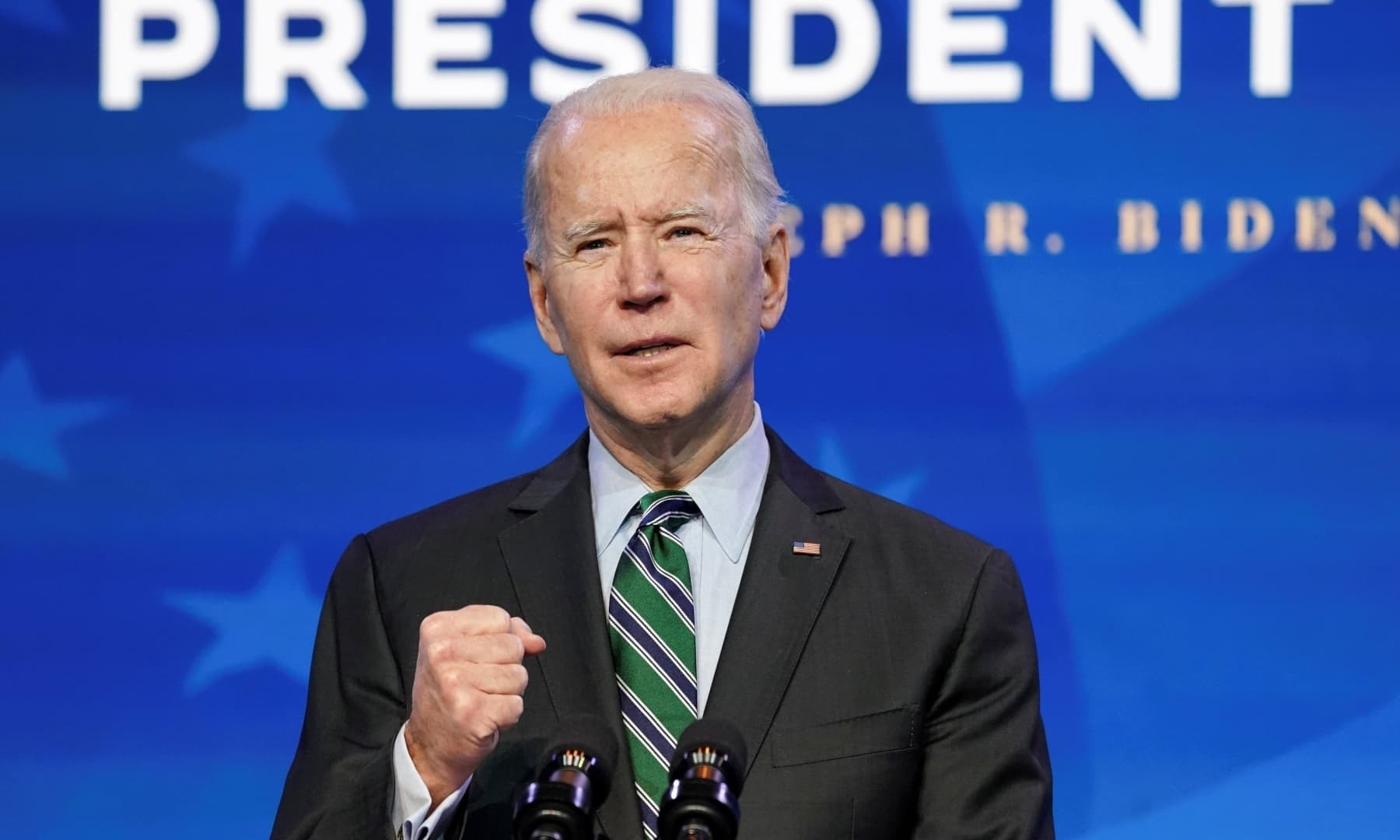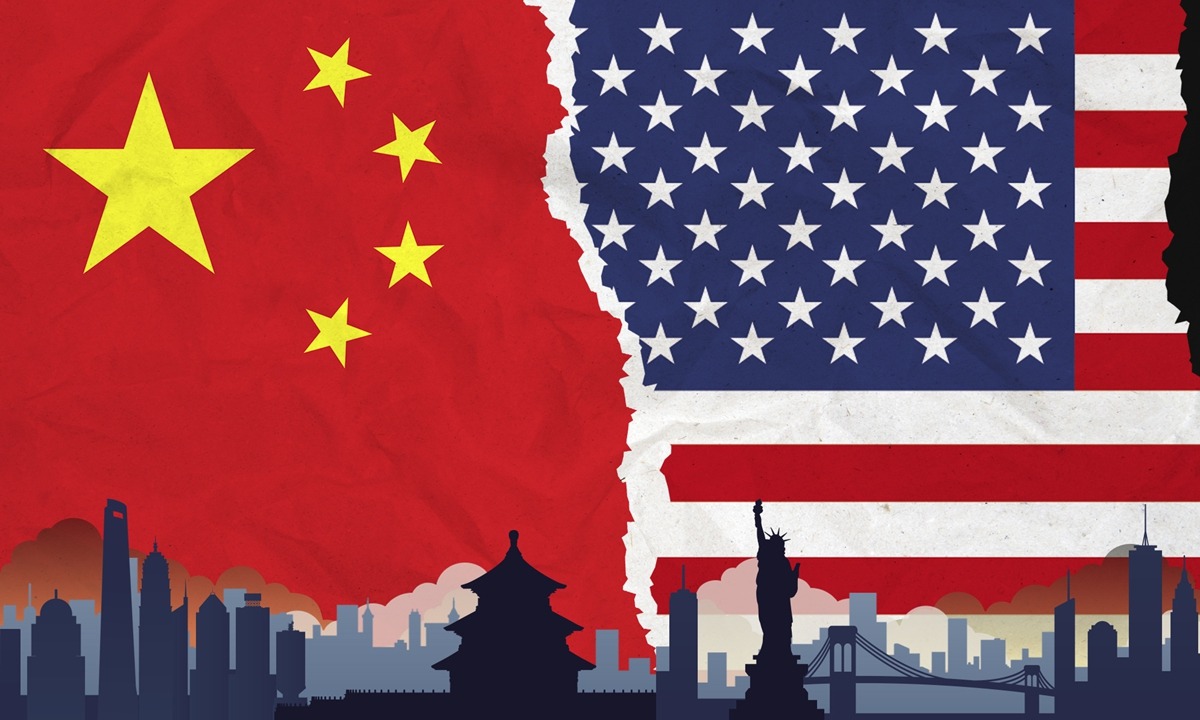This week, Congress is facing a crucial question: will we stand with our allies to prevent aggression, or will we allow Russia, Iran, and the Chinese Communist Party (CCP) to dominate the global stage?
The upcoming vote on the Biden administration’s national security supplemental bill is a decisive moment in this regard. Recent polls show that most Americans believe there is a 50-50 chance of war with China, and almost 80% think we should focus on avoiding war, not preparing for one.
Voting for the supplemental bill means taking a crucial step to prevent war, while voting against it would embolden authoritarian regimes and weaken US leadership, inviting further conflict.

The bill would prevent war with the CCP in three ways: by providing deterrent measures to our Indo-Pacific partners, locking in new diplomatic relationships, and demonstrating our commitment to supporting Ukraine, which Taiwan and the CCP closely watch.
Firstly, the supplemental bill includes concrete measures to combat CCP aggression, such as $2 billion in foreign military financing for the Indo-Pacific and $1.9 billion to support Taiwan’s defense. It also strengthens our historic AUKUS relationship with Australia and the UK, contributing to extended deterrence and peace in the Indo-Pacific.
Secondly, passing the supplemental bill would lock in our diplomatic partnerships, particularly with Indo-Pacific nations facing CCP intimidation. Japan, Taiwan, and the Philippines, like us, are Pacific nations facing daily threats from the CCP. The Biden administration has strengthened these partnerships, and Congress must follow suit by passing the supplemental bill.

Thirdly, passing the bill would maintain peace and stability implicitly. Our commitment to supporting Ukraine sends a message to Beijing to deter military aggression against Taiwan. Standing with Ukraine means standing with our Indo-Pacific partners, and we cannot be tough on the CCP while being weak on defending Ukraine.
This bill is not just about Ukraine, Taiwan, or anyone democracy; it’s about deterring future conflict. We cannot go it alone; our strengths lie in our alliances, partnerships, and friendships around the free world. Passing the national security supplemental in its entirety is crucial to this effort.


